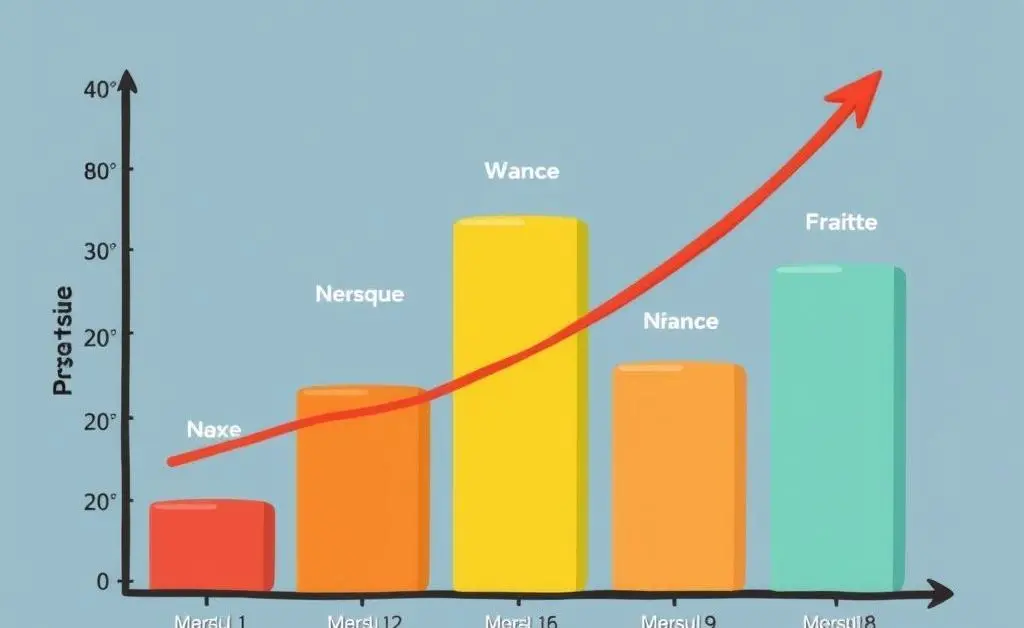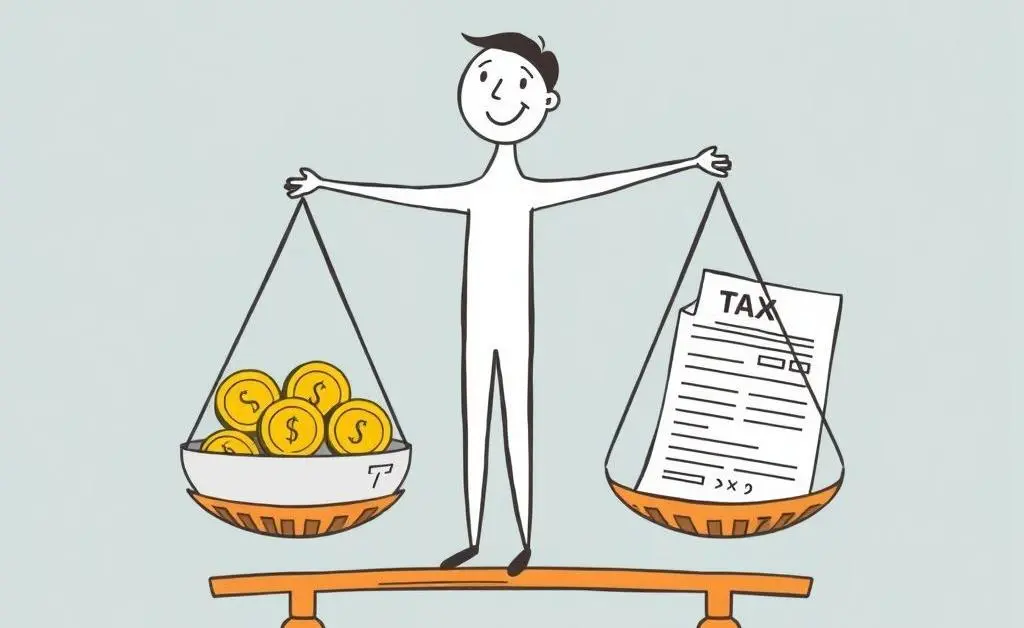Why Taxing Capital Gains Is More Complicated Than You Think
Explore the nuances of capital gains tax and its impact on your finances.

Have you ever wondered why taxing capital gains isn't as straightforward as it seems? Sure, it might just look like another line on your tax return, but there's a lot more to consider when it comes to those pesky taxes on the profit you make from selling investments. Understanding capital gains tax is crucial, especially if you're looking to make your money work harder for you.
What Are Capital Gains?
At its core, a capital gain is the profit you make from selling a capital asset like stocks, bonds, or real estate. For instance, if you bought shares in a company for $1,000 and sold them later for $1,500, you've achieved a capital gain of $500. Sounds simple, right?

The Taxation Twist
Here's where it gets tricky: not all capital gains are treated equally. The taxation on your gain depends on how long you've held the asset before selling it. Generally, if you've owned the investment for more than a year, you're looking at a long-term capital gains tax, which is typically lower. On the flip side, if your investment was short-lived, a higher short-term rate may apply, similar to your regular income tax rate.
Key points to remember about capital gains tax:
- Long-term investments often have lower tax rates.
- Short-term investments are taxed at higher rates, comparable to income tax.
- Exemptions can apply, often depending on specific investment types or circumstances.
Why Is Taxation So Complex?
Some might argue that taxing these profits is unjust, pointing out that taxes on capital gains might discourage investment. However, others see it as essential for creating a balanced economic system where everyone pays their fair share.
Take John, an enthusiastic investor who sees capital gains taxation as a maze. He once shared how, after selling some early tech stocks he had owned for years, he received a tax bill larger than he'd anticipated, eating into his expected gains. His experience reminds us of the importance of understanding where our money goes and planning investments wisely. And of course, keeping up with changing tax laws is a full-time job in itself!

The Larger Implications
Capital gains tax is more than just a financial consideration; it's a reflection of economic policy. It inspires debates about wealth distribution and economic growth. Some argue that lower capital gains taxes spark entrepreneurship and investment, driving the economy forward. Others believe that higher taxes are a necessary tool for reducing inequality by ensuring that wealthier individuals contribute a more significant share.

Whether you're an avid investor or someone just dipping their toes into the waters of finance, understanding capital gains tax is crucial. It affects your bottom line and plays a significant role in the broader economic landscape.
Your Thoughts?
How do capital gains taxes influence your investment strategy? Do you think the system is fair, or does it require a rethink? Share your thoughts; I'd love to hear your perspective!




